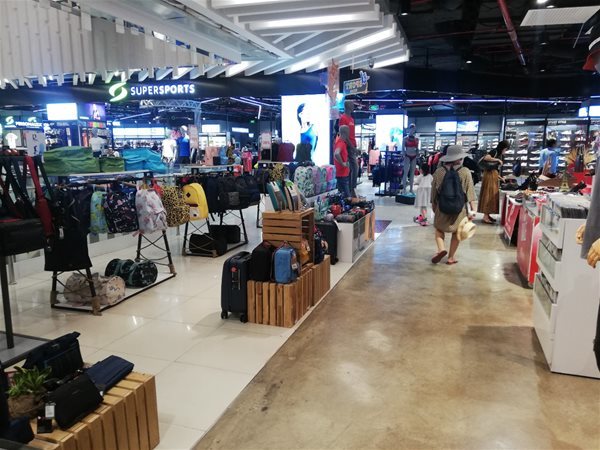Prompt action
Nguyen Hieu Thao, the owner of IFresh, a distributor of bags and backpacks, said she will close two out of her four shops located at large shopping malls in HCM City and reduce the staff by half.

“Revenue has dropped by 85 percent, while expenses remain unchanged,” she complained, adding that this is the common problem of SMEs.
Closing shops and cutting the workforce are what most Vietnamese enterprises are doing to cope with the difficulties caused by the pandemic.
A survey conducted by the Private Economic Development Board of 1,200 enterprises (75 percent of which have under 100 workers), found that 39 percent of enterprises had laid off workers, 21 percent had cut expenses, 4 percent had asked for workers’ unpaid leave and 4 percent had temporarily suspended business.
“SMEs are the most vulnerable businesses because of limited capital, while their cash flow is not strong enough to maintain their operation when their business is interrupted,” said Dao Gia Hung from VP Bank.
| SMEs often find it difficult to access bank loans, and the situation has become more serious in Covid-19 epidemic. |
SMEs often find it difficult to access bank loans, and the situation has become more serious in Covid-19 epidemic.
VIBBank estimates that 6,500 of its clients are suffering from the epidemic. Of these, 86 enterprises are big and medium scale, while the remaining are small or individual clients.
According to Can Van Luc, a respected finance expert, businesses need support to improve liquidity.
The Private Economic Development Board also believes that measures are urgently needed to support liquidity such as increasing cash inflow (preferential loans), or reducing cash outflow (tax payment extension).
The Ministry of Finance plans to allow a 5-month delay in tax and insurance premium payment, and plans other support packages worth VND30.1 trillion. Meanwhile, commercial banks have committed to disburse VND250 trillion worth of capital at low interest rates.
Support package
Analysts commented that in crises, it is large enterprises which get priority for rescue. This is because commercial banks and large enterprises have good relations and make big contributions to each other’s business results.
However, when limited resources are allocated to big enterprises, SMEs will have fewer opportunities.
In the past, some support packages went to the wrong parties. In the newly released Circular No 1, SBV requested commercial banks to be sure that capital will reach those affected by Covid-19.
Analysts note that bank asset structure has changed a lot in the last few years with a significant increase in products and services for individuals and SMEs.
Tien Phong

Vietnamese SMEs struggle to access credit support package
Small and medium sized enterprises (SMEs) are finding it difficult to access the Government's credit package worth US$10.7 billion to support those affected by the COVID-19 outbreak because of a lack of trust in their ability to repay.

Ministry of Finance to provide legal support for SMEs
The Ministry of Finance (MoF) has issued a plan to provide legal support for small- and medium-sized enterprises (SMEs) this year with focus on tax, customs, securities, price and insurance regulations.
 Small and medium enterprises (SMEs) need "painkillers" in the short term to increase liquidity and "vaccines" to develop sustainably in the long term.
Small and medium enterprises (SMEs) need "painkillers" in the short term to increase liquidity and "vaccines" to develop sustainably in the long term.